Americans have a love, perhaps an obsession, with the Irish that sometimes goes to the point of irritating the actual Irish (the term “plastic paddy” exists for a reason). Some of it is that Irish revolutionary writing, especially their songs, are in a language Americans can understand. More is due to the influence of Irish migrants who traveled across the Atlantic, some fleeing the Great Famine, to escape British oppression.
It is that history, of the Irish in America, that James D. Nealon, former American ambassador to Honduras, plays with in his novel Confederacy of Fenians. It involves an old and honored alternate-history scenario, of the British intervening in the American Civil War, and adds an Irish twist to it. His point of divergence is that the Fenian Brotherhood, an Irish revolutionary group among immigrants in America, has Irish troops in the Union Army defect to the British in hopes that doing so will encourage the British to grant Ireland home rule.
The historically informed reader will notice a number of issues here.
The first is not particular to Nealon’s scenario. Like many works of military-focused alternate history, Confederacy of Fenians has many high-ranking military figures as viewpoint characters. These include George McClellan, Jefferson Davis and John Fox Burgoyne, a British general and son of the infamous John Burgoyne, who lost the Battle of Saratoga. Burgoyne is the book’s most compelling character, as he tries to atone for the shame his father’s failure brought to his name.
What this does, unfortunately, is render the battles second-hand at best. There are relatively few scenes set in the line of fire, and many more scenes of distant dispatches coming to military leaders. This runs into a problem I’ve previously written about for the Sea Lion Press blog; how high-ranking viewpoint characters isolate the reader from the viscerality of history. It leaves what should be boneshaking as remote.
The most problematic of these characters is the predominant Irish voice in the novel, John Lane. A disgruntled one-armed Union veteran of the Battle of Fredericksburg living in upstate New York, the motion for the Fenian Brotherhood to ally with the British comes from him. It is he who is sent to the British lines to negotiate with General Burgoyne. In doing so, he crosses paths with Viola, a free black woman with enslaved relatives in Virginia. Their conversations strike at the heart of the moral conflict of the book, making Lane question the wisdom of his actions.
Unfortunately, Lane is not a particularly well-developed character. His dialogue is mostly conveyance for this implausible alliance to come about. He does not feel like someone who has left a country that was starved by Britain. This becomes especially dubious when Viola argues black slaves in the American South are worse off than the Irish in their own country. She contends that the Irish at least can work and move about freely. Lane bitterly agrees.
The Great Irish Famine is mentioned not even once.
There is an obvious reason: had John Lane been allowed the emotions an Irishman in his place would almost certainly feel, he could never have proposed the alliance that is at the heart of Nealon’s story.
The same goes for the other members of the Fenian Brotherhood. Thomas Francis Meagher, a leader of the Young Irelander Rebellion of 1848, who was imprisoned in Tasmania and succeeded in escaping to the United States to become a general in the Union Army, supports Lane’s plan. There are large-scale defections by Irish troops in the Grand Army of the Republic. The thought processes of those men are barely explored. If it had, the story would have lost its shred of plausibility. The human consequences of an event that killed a million people while the British barred much-needed food imports must be completely ignored in order for the narrative to work.
The premise is disturbingly similar to black slaves allying with the Confederacy to bargain for their freedom or Jews in Eastern Europe allying with the Nazis to pursue a similar deal; scenarios that are so far-fetched that they are an insult to the survivors of those atrocities — and to the intelligence of the reader.
To the many Irish who fled their homes, America meant freedom and survival. Vanishingly few would have welcomed British intervention in the Civil War, much less supported it, much less believed British promises of home rule in exchange for such support. (To Nealon’s credit, British promises of self-government in the novel are insincere.)
Confederacy of Fenians is one of the most egregious examples of what my colleague Colin Salt has called “trinketization“: reducing history to a collection of trinkets that can be rearranged at will. All the humanity, all the intelligence, all the emotion, all the rationality of the Irish must be sucked out so that the narrative can move them about like pawns on a chessboard. This is what makes Confederacy of Fenians so offensive in human terms: real people suffered a real tragedy, but the book barely recognizes them as people.

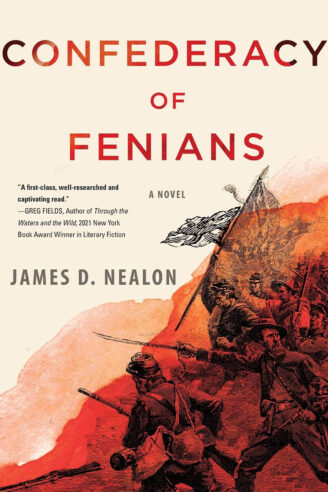
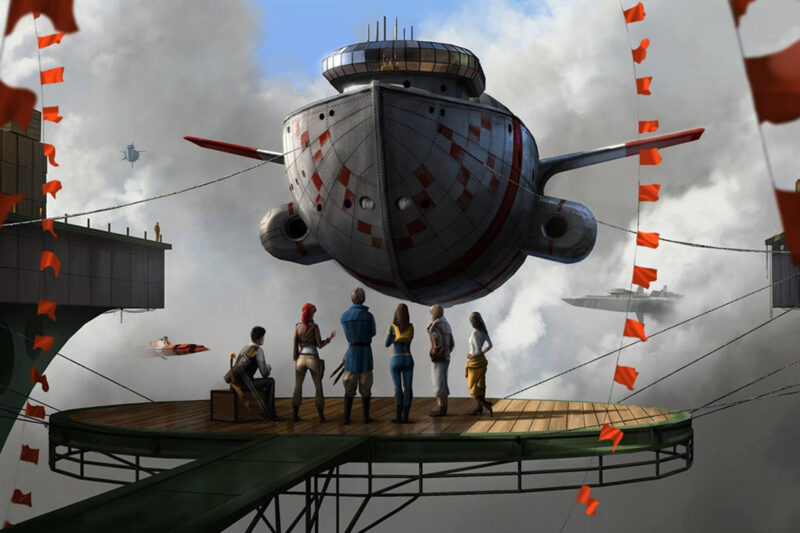
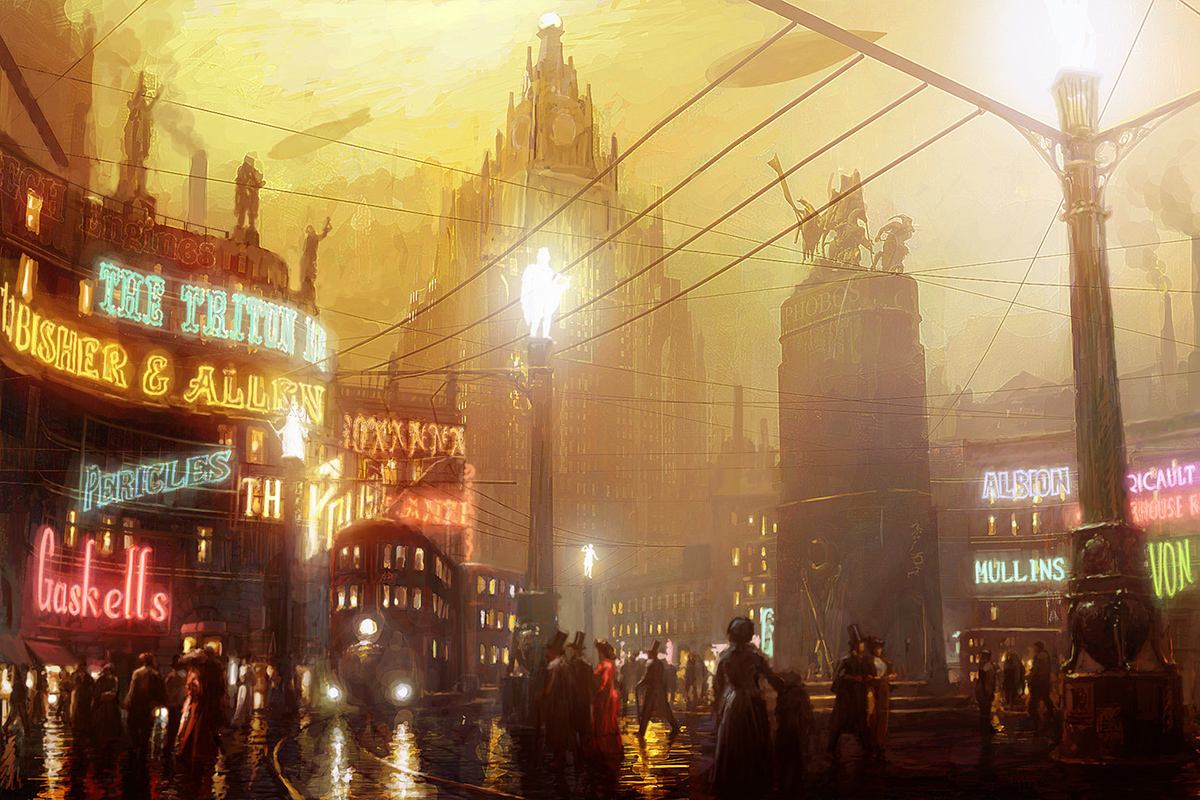
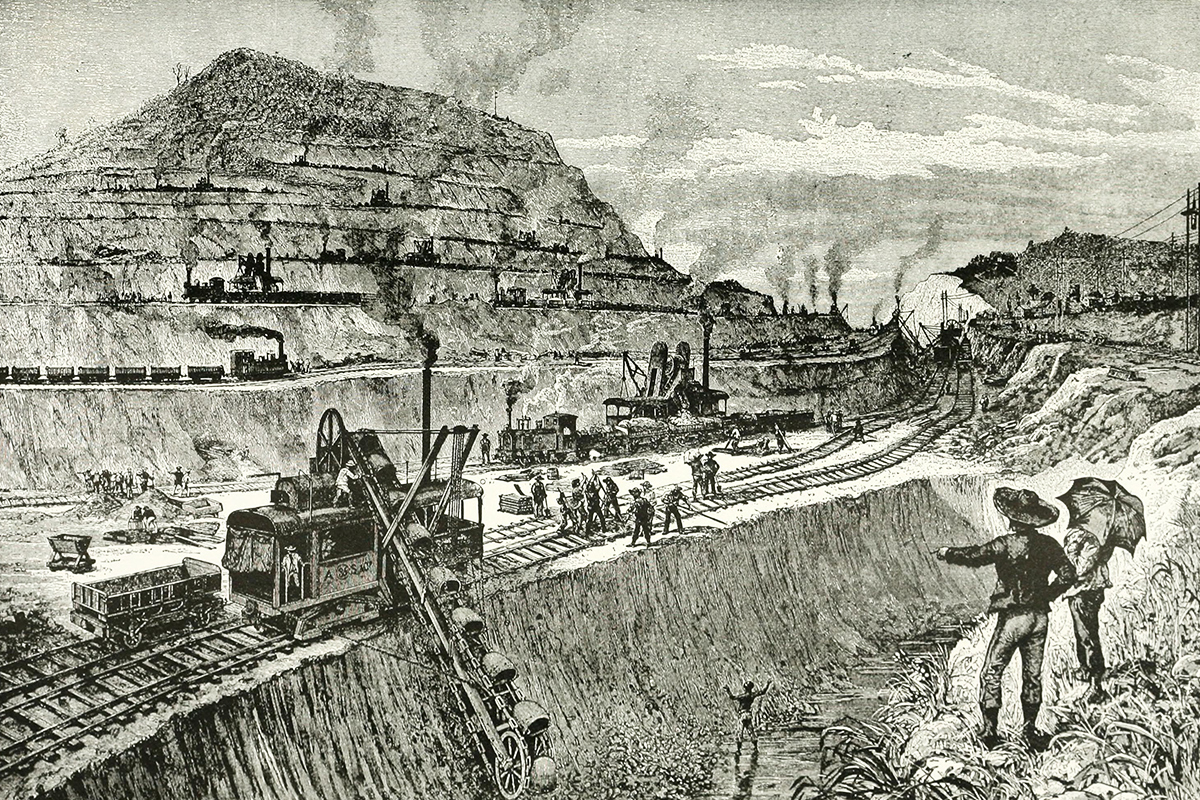
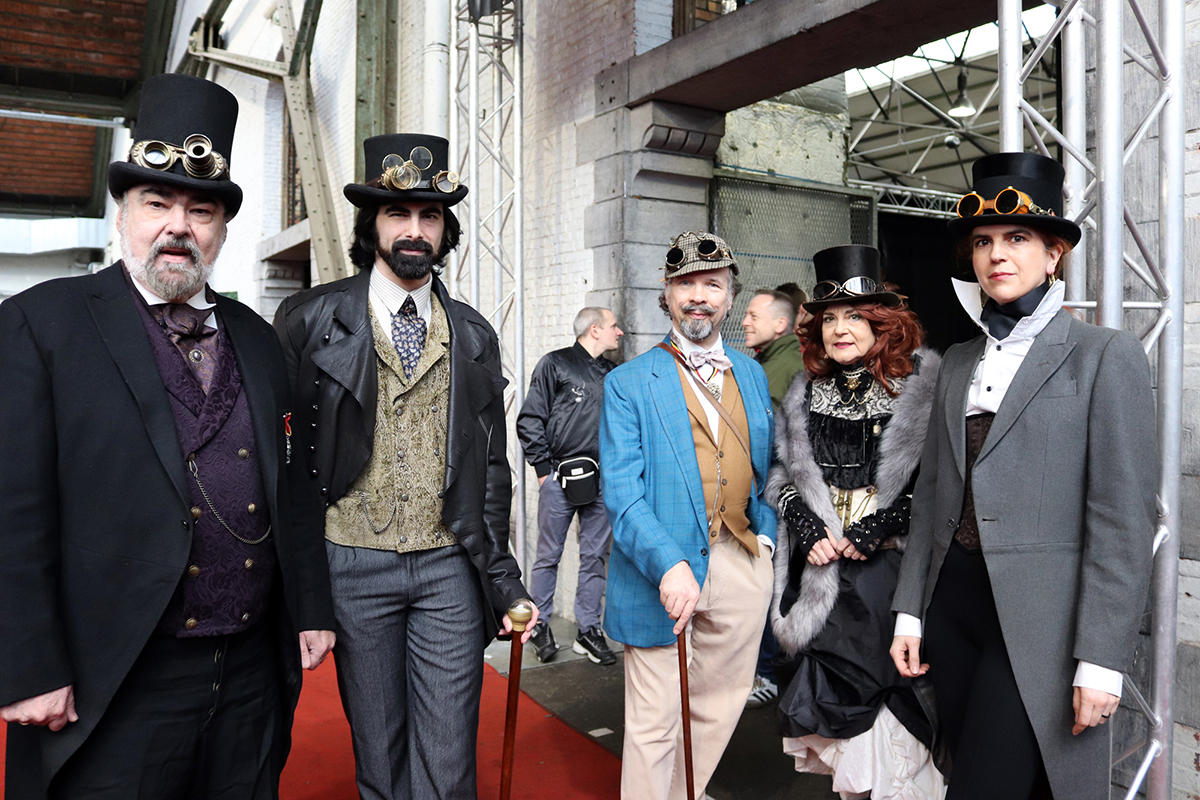
1 Comment
Add YoursWell daid. It’s drivel.